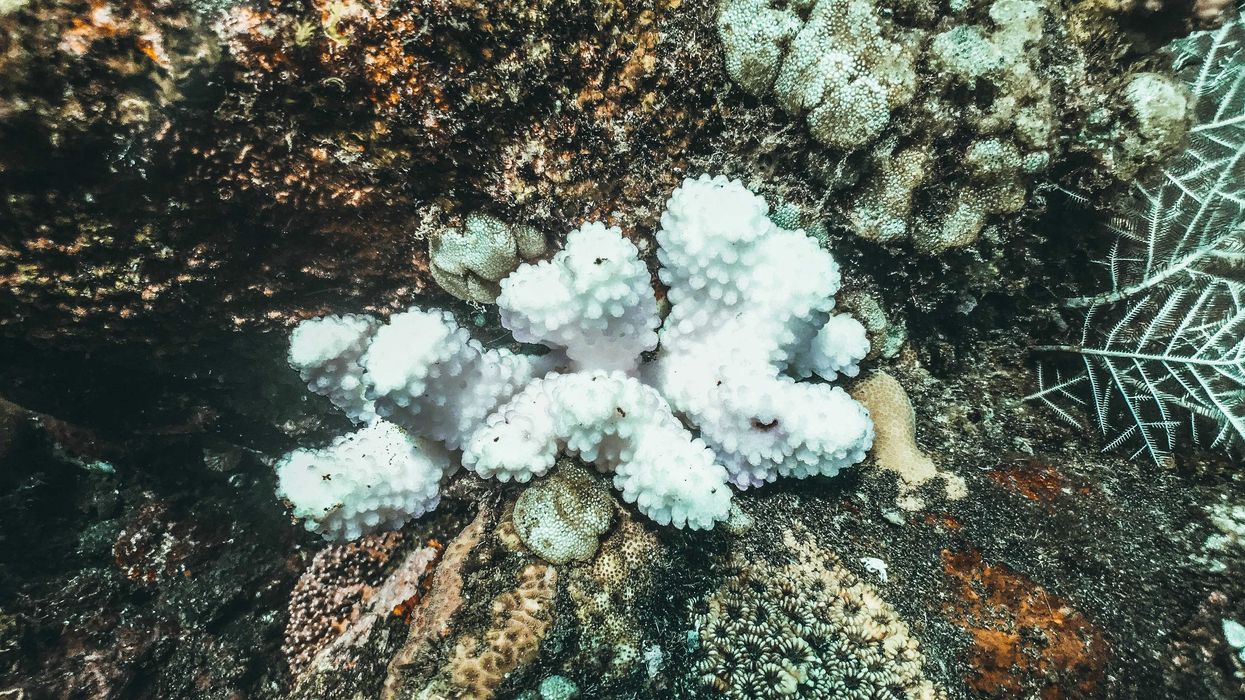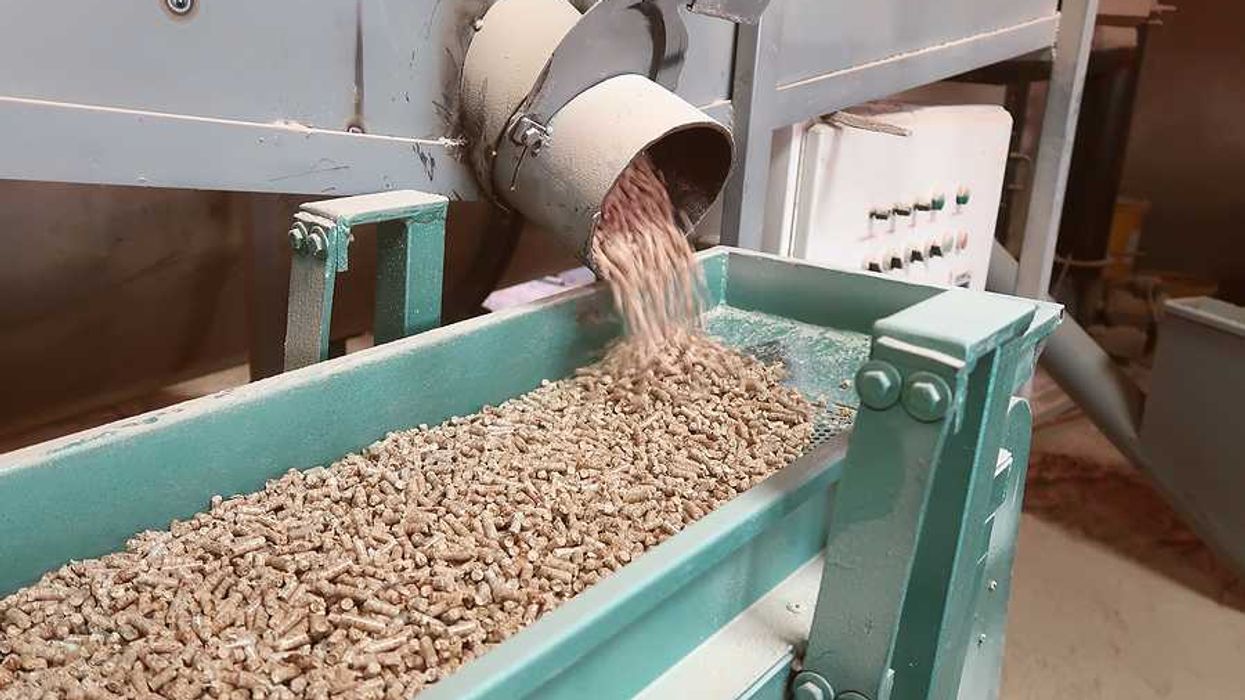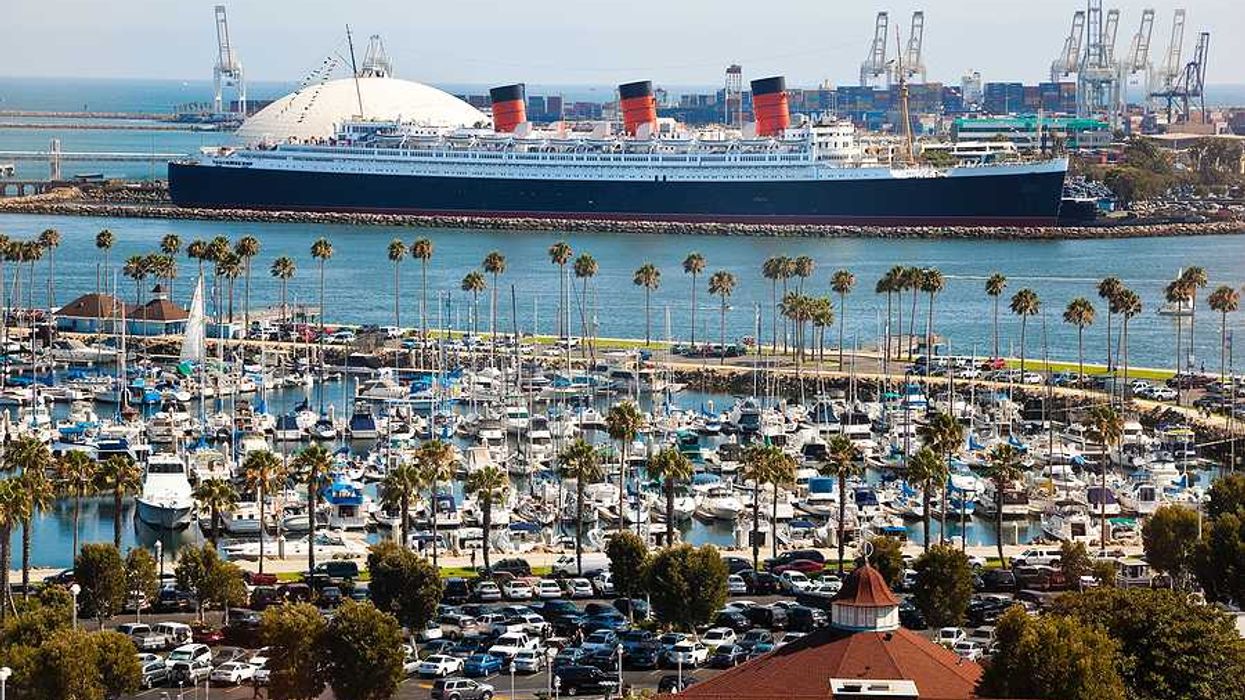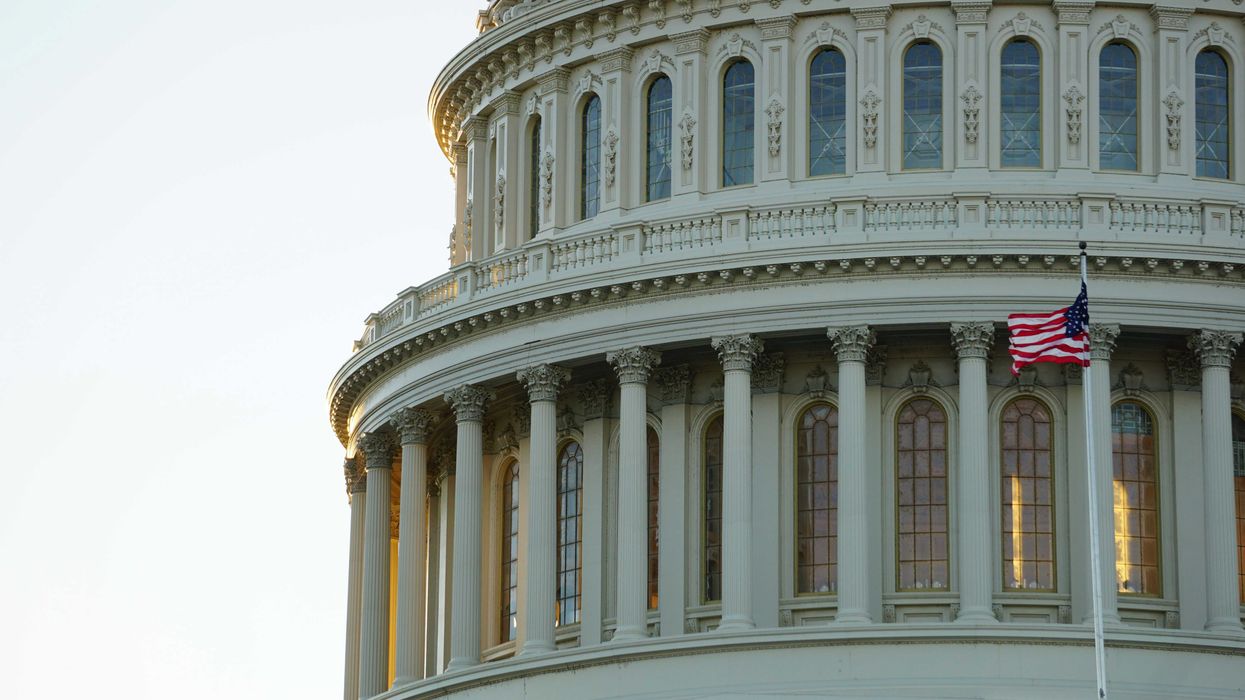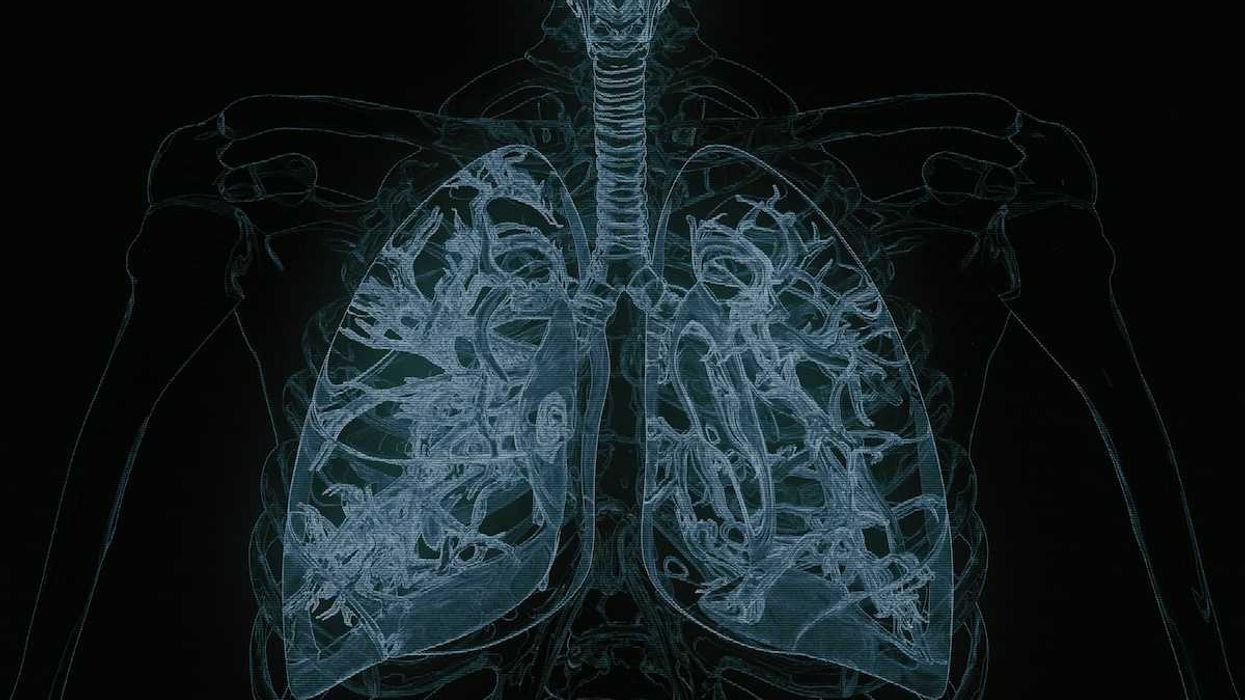An investigation into the body burden of fracking operations in western Pennsylvania found alarming evidence of toxic industrial chemicals linked to drilling in the urine of families living nearby.
The 2-year investigation also found harmful chemicals in the families' air and drinking water. And it exposed a regulatory system that favors oil and gas development at the expense of residents' mental, physical, and social wellbeing.
EMBARGOED until March 1, 2021:
Read the full series at www.EHN.org/fractured
Find more resources, including outside experts and key takeaways from the investigation, on our Fractured FAQs page.
Evidence of harm, neglect by fracking companies and regulators
This laboratory study of five families by EHN revealed:
- Evidence of harmful chemicals like benzene, ethylbenzene, styrene, and toluene in the bodies of adults and children at levels up to 91 times higher than are seen in the average American.
- Cancer-causing chemicals in air samples at levels that exceeded recommended safety thresholds.
- Harmful chemicals like benzene, naphthalene, and xylene in drinking water.
- Regulatory agencies that consistently side with fracking companies over residents in pollution disputes, leaving concerned families with nowhere to turn.
- Families struggling with mental health issues, social strain, and unexplained illnesses.
The investigation, "Fractured," was conducted by EHN staff reporter and investigative journalist Kristina Marusic.
First biomarker study of its kind
This is the first time families in western Pennsylvania have been tested for exposure to chemicals emitted from fracking operations—and only the second study nationwide to examine such impacts from oil and gas drilling. The findings contradict industry and political talking points claiming fracking does not impact people near operations.
"We saw a critical knowledge gap in science and found a community desperate to know what their families faced," said Douglas Fischer, director of Environmental Health Sciences, which publishes EHN. "These families, many with small children, have off-the-charts levels of toxic exposures and also deal with anxiety, social pressure, and communities being torn apart—all stemming from an extractive industry that produces little local benefit."
How we did the study
EHN collected urine, air, and water samples from five Southwestern Pennsylvania households. The samples were analyzed at a University of Missouri lab for the presence of chemicals known to be emitted from fracking wells, which are linked to a host of health problems including birth complications, asthma, heart, immune system and developmental problems, and cancer.
"When people say stupid stuff to you like 'it just isn't true,' or 'these are just radical people,' or 'it's just one family,'...now I can say no, look, this is really going on," study participant Lois Bower-Bjornson said. "And this isn't just that person down the road. This is happening to me and my kids."
Read the four-part series and see the study results at EHN.org/fractured. Follow the conversation and fallout from the investigation on Twitter at #fracturedUSA
EHN is an award-winning nonpartisan organization dedicated to driving science into public discussion and policy.
Contact:
Douglas Fischer, executive director,
Environmental Health Sciences
Brian Bienkowski, senior editor
Environmental Health Sciences


